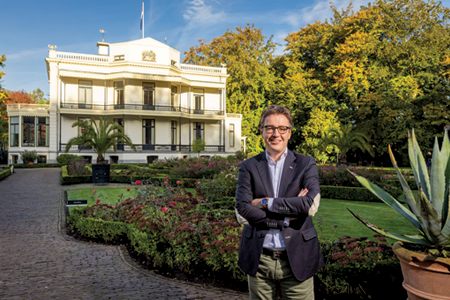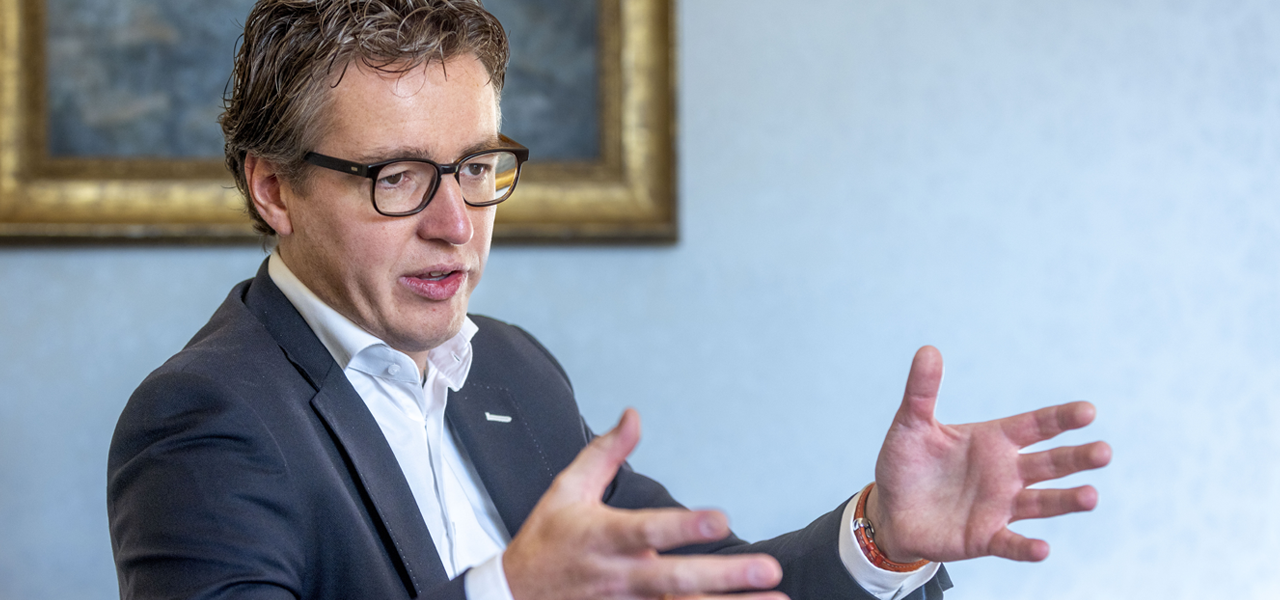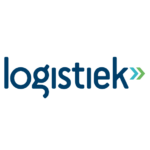The often prevailing fear is that new software implementations are expensive, complex and add very little to the existing system. Many in logistics will then think, let’s wait a while. This has to change. Vanenburg aims to modernize IT solutions with the help of new technology.
According to Ardjan Baan, it is a misconception that the existing ERP systems which companies have relied on for years, are a thing of the past. He is the son of the founder Jan Baan who is still the Chief Executive Officer of the Vanenburg Group and he is focusing on – wherever possible – bridging the gap between old and new. “Modernize your current IT solutions with the help of new technology. Replacing them is not always necessary.”
Planning processes still often done the old way
 Baan: “We see an enormous amount of dynamism in the market, also a result of the corona pandemic, of course. The planning process is still often done the old way, with spreadsheets and software to which little intelligence has been added. This is increasingly failing to meet the demand. There are also many silos in the supply chain, which hold data that cannot be exchanged. Neither is it possible to incorporate external data sources, such as weather and traffic, into these silos. The result is that an enormous surge in e-commerce sales, for example, cannot be predicted or properly managed; let alone that companies are able to influence the demand for variables such as adapting price and services on their own.”
Baan: “We see an enormous amount of dynamism in the market, also a result of the corona pandemic, of course. The planning process is still often done the old way, with spreadsheets and software to which little intelligence has been added. This is increasingly failing to meet the demand. There are also many silos in the supply chain, which hold data that cannot be exchanged. Neither is it possible to incorporate external data sources, such as weather and traffic, into these silos. The result is that an enormous surge in e-commerce sales, for example, cannot be predicted or properly managed; let alone that companies are able to influence the demand for variables such as adapting price and services on their own.”
Building blocks on standard packages
For Vanenburg, it applies that the service provision is geared towards modernizing IT systems, in production environments, in retail, at wholesalers, and also in logistics. This concerns the IT package as a whole, which focuses on internal processes, with communication towards others in the chain and the addition of intelligence.
“We connect separate components with portals and applications”
“We make complementary systems for our customers to go along with the standard solutions they are already using. This may be ERP, or an inventory system, or a specific invoicing solution. With portals and applications, we connect these separate components and ensure that these can also be suitably linked with the systems of partners in the chain, including the logistical service provider. And with business partners who help you receive data in order to speed up processes and be able to make better predictions. Lastly, we apply such technology as Big Data and machine learning, as well as the possibility of adding data from external sources. This enables companies to bolster their service levels and reduce costs.”
How this is done exactly will become clear at the next customer day, which was held online last year.
Logistics hasn’t started with 4.0 yet
According to Baan, the logistics sector is still only in its infancy when it comes to the last aspect, adding more intelligence and smarter algorithms. “Industry 4.0 has by now become a familiar concept in the production environment. It is really all about adding intelligence, in addition to automating the processes themselves. Very slowly, you now see this also funnelling down to logistics.”
“Don’t point to online platforms, but realise that a demand exists”
This is necessary, too, says Baan. Because the rise of online platforms is pushing the traditional family firms in logistics to the background. These start-ups are able to work with fast and smart data processing and are taking over a portion of the services. “It would be a shame if companies that have been around for decades will now be left behind by new start-ups with innovative solutions. That risk certainly exists. I say: don’t point at the platforms, but realise that the demand is there and figure out how you can meet it. Customers want a better customer experience than they have received so far.”
Competitive advantage is at stake
A customer is not always looking for standard systems. Baan names the example of the NewPort Tank Containers (speaker at the FutureVibe event) that saw a competitive advantage in having its own TMS (Transportation Management System) developed.
“For them, it concerned a few extra functionalities that were not available as standard. Having this developed by the TMS supplier is often pricy and takes a long time – and what’s more, the supplier will usually then include it in the standard package. This then eliminates the competitive advantage. That’s why we built our own TMS. Now, this wasn’t cheap either, but we made it possible by using the building blocks we already have and with which we can quickly create a unique solution. NewPort aims to be the premier platform in their specific segment. This is how they are investing in that.”
Companies often dread new implementations
“At FutureVibe, we would like to show what the new technology has to offer by demonstrating with inspiring examples,” says Baan. The main message: you don’t need to start over and by taking small steps, you can viably modernize the existing logistical IT. “Companies often dread new implementations enormously – these are expensive and often unrealistic. So they do nothing, for as long as everything still works by doing it the old way. But, my advice is that there are considerable advantages to be gained with innovative software solutions like our new development framework application, which we will launch on the market at the event.”
This interview was conducted by Logistiek.nl. For the original interview in Dutch, click here.



